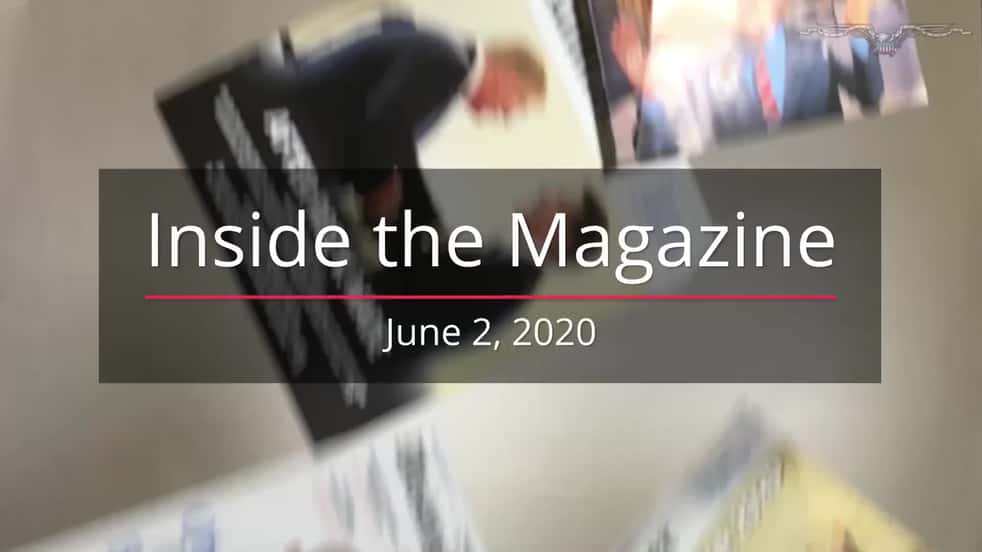by Tom Rogan
I ask that question, because there's a very real prospect that renewed U.S. support for the Joint Comprehensive Plan of Action will spark a Saudi rush to nuclear weapons competency. Indeed, Riyadh has already started on that course. As the Wall Street Journal reported on Aug. 4, China is now helping the Saudis develop a civilian nuclear program. It's not clear why Saudi Arabia, which has the second-largest oil reserves of any nation on Earth, needs a nuclear program. Except, that is, if one considers the objective of such a program is not to produce energy but rather to produce highly enriched materials — the ingredient materials for a nuclear warhead. While Saudi Arabia is not yet pursuing this enrichment, its Chinese engagement proves that Crown Prince Mohammed bin Salman has nuclear concerns high up on his priority list. The Trump administration is rightly concerned.
That brings us back to Biden.
While the crown prince presently seems content to lay the groundwork for a nuclear program without actually activating it, that would very likely change were Biden to return the United States to the JCPOA. After all, that return would immediately restore tens of billions of dollars in annual sanctions relief to Tehran while doing nothing to obstruct its nuclear weapons research. We should note, here, that French President Emmanuel Macron and British Prime Minister Boris Johnson appear far more serious about fixing the JCPOA's structural weaknesses than does Biden. The central concerns are the deal's totally inadequate inspection safeguards and its failure to restrict Iranian ballistic missile development. Those flaws mean that Saudi Arabia would credibly see an American return to the agreement as a foundation only for Iran to fund escalated nuclear weapons-related research. Do we seriously expect that the Saudi crown prince would sit idle in such a situation?
Saudi-Iranian tensions take deep root in a historically vested theological animus. But as Riyadh and Tehran have sought to advance their countervailing foreign policies in recent years, that animus has found a steady dose of new fuel. Whether it's Iranian missile attacks on Saudi oil fields or Saudi airstrikes on Iranian-supported rebels in Yemen, both sides have an increasing comfort with reciprocal confrontation. This hatred and associated fear will drive bin Salman to double down on his nuclear program. Iran will certainly double down on its own program in that scenario.
As I see it, there are only three credible alternatives to prevent a Saudi-Iranian nuclear arms race. First, that the U.S. retains its sanctions and political pressure on Iran and thus obstructs its path to a nuclear breakout. In that scenario, the Saudis might just retain enough confidence in U.S. deterrence of Iran to avoid their own nuclear breakout. Alternatively, the U.S. might rejoin the nuclear agreement under an improved portfolio of safeguards to prevent Iran's nuclear weapons accession. Again, Riyadh might just accept those safeguards as sufficient. Finally, Israel might solve the Iranian nuclear problem for the Saudis, thus removing Riyadh's perceived need for its own program.
Regardless, Biden needs to address this issue. The lie that the JCPOA keeps the Middle East safe is proved by what Saudi Arabia is now doing — and where the Middle East is thus headed.

No comments:
Post a Comment